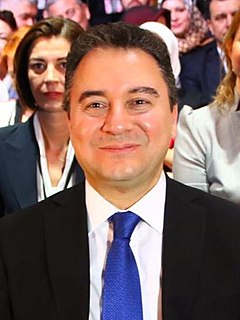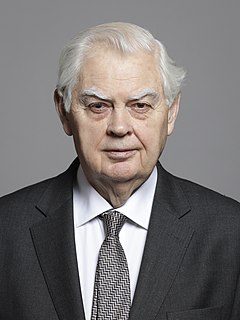A Quote by Ali Babacan
Turkey does not have an official exchange rate target.
Related Quotes
If a country is an attractive place for foreigners to invest their funds, then that country will have a relatively high exchange rate. If it's an unattractive place, it will have a relatively low exchange rate. Those are the fundamentals that determine the exchange rate in a floating exchange rate system.
The lesson for Asia is; if you have a central bank, have a floating exchange rate; if you want to have a fixed exchange rate, abolish your central bank and adopt a currency board instead. Either extreme; a fixed exchange rate through a currency board, but no central bank, or a central bank plus truly floating exchange rates; either of those is a tenable arrangement. But a pegged exchange rate with a central bank is a recipe for trouble.
There are of course economic advantages to having Turkey as a member of the European club. It's a developing country with a large, reasonably well-trained labor force at a time when the European birth rate is dropping at a catastrophic rate and Europe is graying. It offers opportunities for greater trade and investment to the benefit of both Turkey and Europe.
The IMF insisted that both Russia and Brazil maintain their currency at over-valued levels. Who are you protecting when you try to maintain that exchange rate by having high interest rates? You're protecting domestic and foreign firms that have gambled on the exchange rate. And who is paying the price? The small businesses that did not gamble [and no longer can afford loans], the workers who are going to be put out of jobs.
Mom cooked a lot of turkey when I was growing up. Turkey meatloaf, turkey burgers, ground turkey shepherd's pie - my childhood was the Bubba Gump of turkey. You'd think I would be sick of it, but when I find gems like Gwyneth Paltrow's turkey meatball recipe, it's as though the fowl is no longer foul to me.
Turkey's relations with its immediate neighbors are improving. They were pretty bad for a long time - with Syria they were abominable, and with Iran they were pretty bad. In both cases Turkey sees potential for trade, especially with Iran, where it gets a lot of natural gas. In good times Iran and Turkey find mutually profitable objects of exchange, but with Syria things have been very bad; Syria doesn't have much money and never will.































